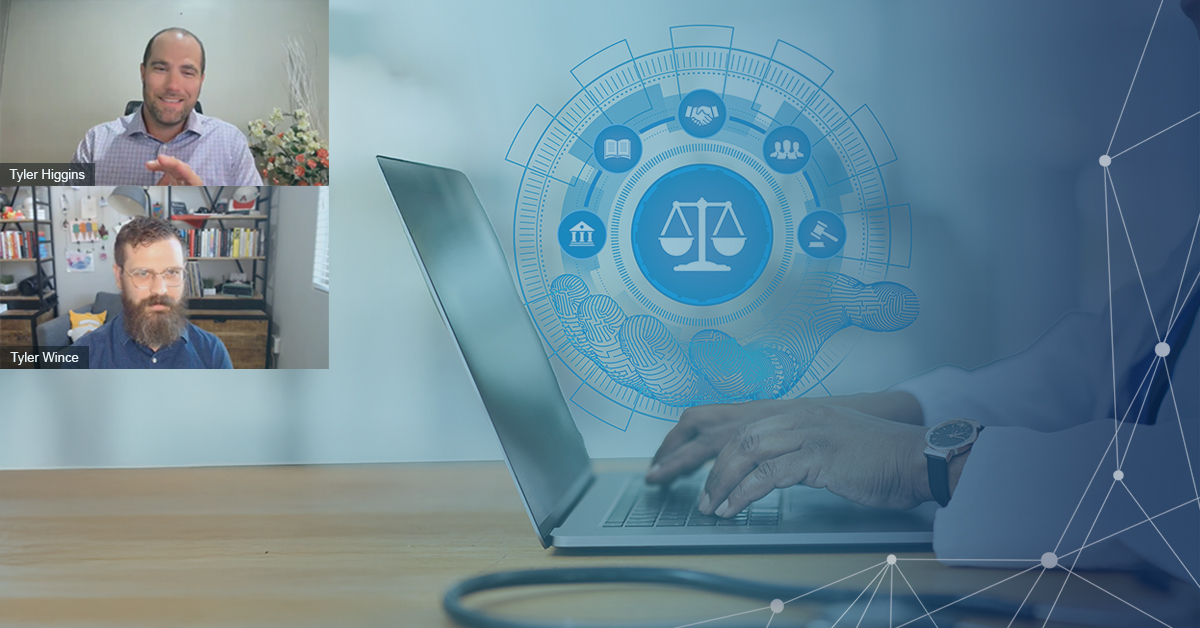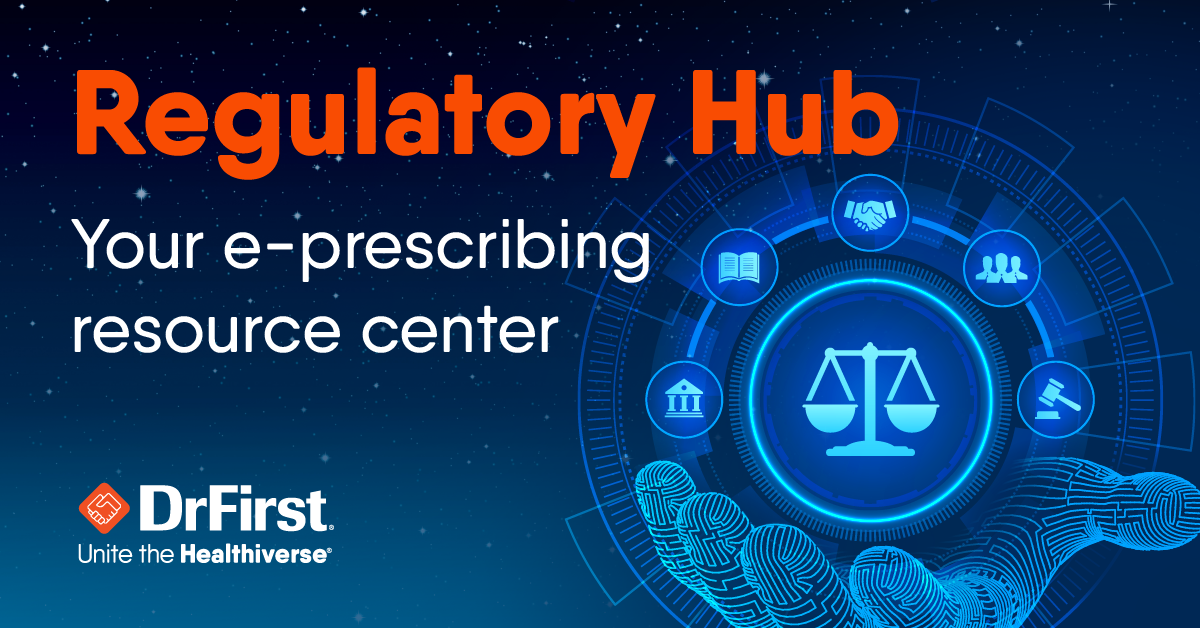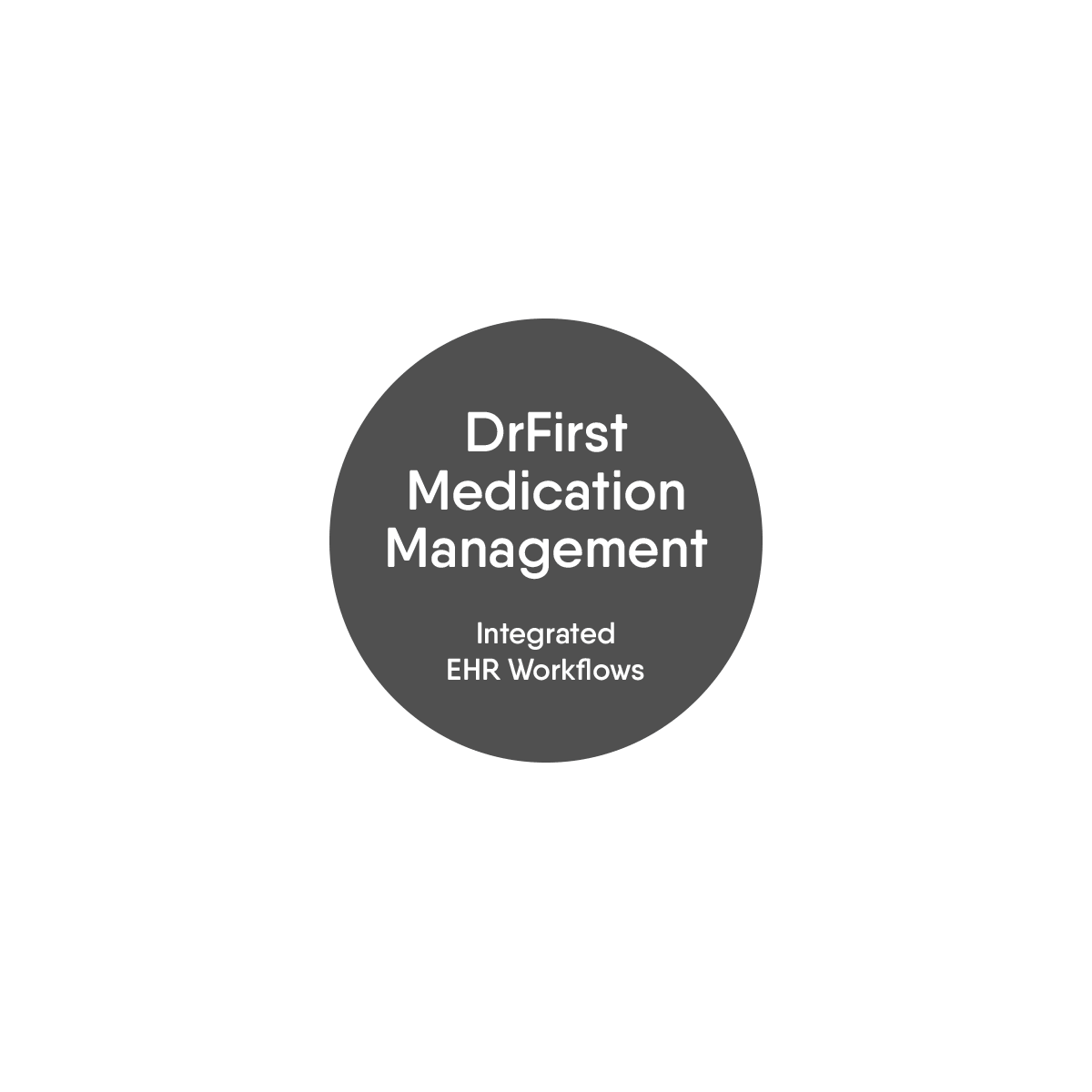Integrated workflows ease staff burden and satisfy regulatory mandates.
EHR & HIT VENDORS
Regulatory Compliance
We handle the complexity.
You focus on your business.
Stay compliant without derailing your roadmap.
Regulatory compliance is non-negotiable. But keeping pace with ever-evolving rules from the CMS and ASTP/ONC can wreak havoc on your business.
Multiple evolving requirements mean your legal, compliance, and development teams are stretched thin—diverting resources from your product roadmap and strategic priorities.
DrFirst takes the burden off your plate. Our proven regulatory expertise and compliant technology let you stay current with evolving standards while you focus on your core business.
HTI-4 Final Rule
ASTP/ONC’s latest rule mandates integration of real-time prescription benefit (RTPB) checks and electronic prior authorization (ePA) into provider workflows.
E-Prescribing Standard Upgrades
HTI-4 requires new FHIR-based API standards, including NCPDP SCRIPT standard version 2023011—a significant development lift for vendors managing multiple compliance requirements.
EPCS and PDMP Mandates
DrFirst pioneered the nation’s first certified EPCS solution. With EPCS now mandated in most states and required by CMS for all Medicare Part D controlled substances, compliance is critical. Learn more
DrFirst Helps You Comply with EPCS Mandates
DrFirst has been at the forefront of electronic prescribing of controlled substances (EPCS) since it sent the nation’s first electronic prescription of a controlled substance. With EPCS legalized nationally, a majority of states have since mandated the use of EPCS for all controlled substances.
In addition, to handle the opioid epidemic, prescription drug monitoring programs (PDMPs) are operated and mandated at the state level to ensure prescribers have the information they need to identify patients who are addicted, or at risk of becoming addicted, to these dangerous drugs.

BLOG
Ready for Liftoff? HTI-4 as a Catalyst for Medication Management Innovation
At first glance, the recently finalized Health Data, Technology, and Interoperability (HTI-4) rule might seem like another straightforward set of regulatory requirements. But in the hands of forward-thinking health IT and EHR vendors, it can be so much more.
INFOGRAPHIC
Regulatory Deadlines Are Closer Than They Appear
Architecture planning, development, internal testing, certification processes, provider pilot programs, and full implementation must all be factored in. Each phase takes time, and delays compound quickly. Our infographic makes it easy for you to evaluate whether your team can do the work without tearing up your development roadmap and delaying other projects.
.jpg)

ASSET LIBRARY
Unlock Insights with the Regulatory Hub
Get instant access to keep compliance on track with our curated collection of videos, blogs, and news articles on the latest e-prescribing updates. Including breaking news about the latest on proposed and final rules from ONC and CMS, blogs that examine the implications ahead, webinars on pivotal issues, Nick Barger's Regulatory Talk series, and executive panels with some of the best minds in the industry.





